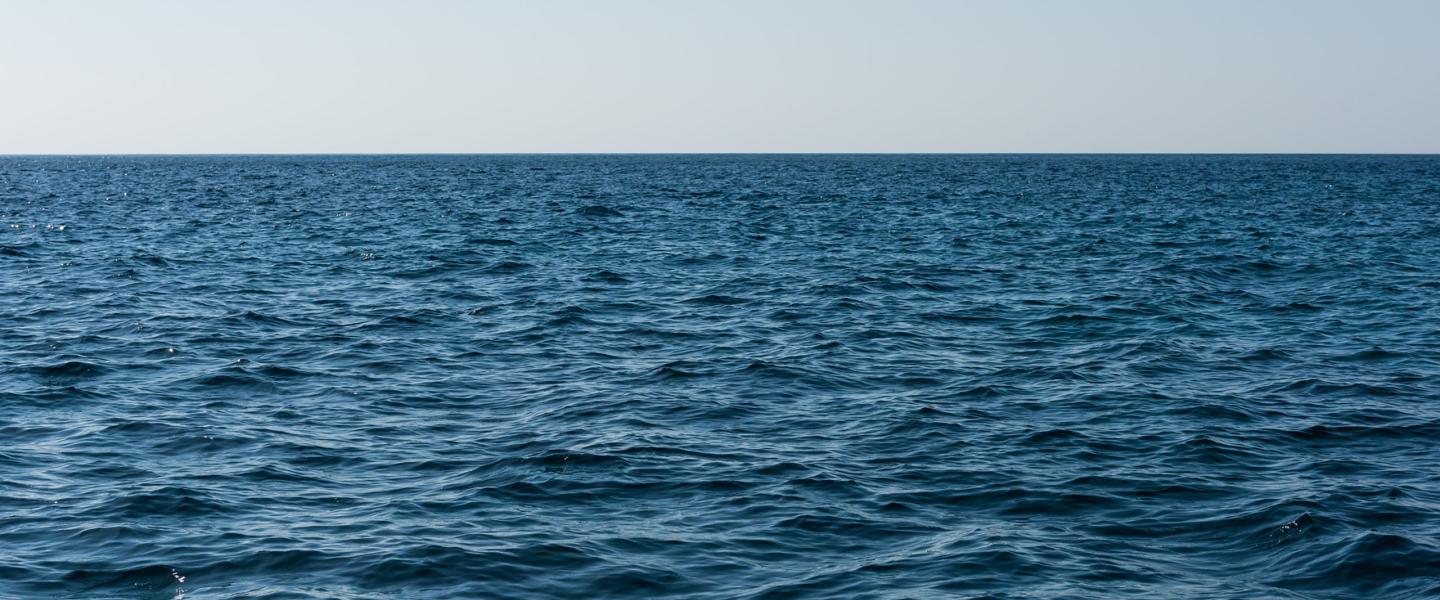
By MarEx 2016-02-12 13:35:25

Shipbreaking at Alang (courtesy IMO)
Ship recycling advocacy organization NGO Shipbreaking Platform issued a statement Friday strongly criticizing Maersk Group’s plan to send its vessels to Alang, India’s beaching shipbreakers, and to work with Alang’s yards to improve conditions.
“Today, the majority of ships are dismantled and recycled at facilities on beaches. Here, the standards and practices often do not adequately protect the people working at the facilities and the natural environment. We have decided to play a role in changing this situation. Alone and in partnership with others, we will work to upgrade conditions at recycling facilities on the beaches in the Alang area, India,” said CEO Nils Andersen in the firm’s 2015 CSR report.
The new policy is a reversal for the firm. Jacob Sterling, at the time the head of sustainability for Maersk Line, wrote an editorial in 2013 criticizing practices at Alang and other beaching yards, describing their hazards and the reasons why Maersk would not work with them. “There is something quite wrong with [beaching],” he said. “People on beaches wearing flip flops and no safety gear while taking apart massive cargo ships with hand tools is simply wrong . . . NGOs argue that beaching must end now. We agree. In Maersk Line we have a policy on responsible ship recycling. Since 2006, we have recycled 23 ships responsibly, and we have sent none to the beach.”
Most of Maersk’s ships are sold to third parties as they are replaced by newbuilds, and relatively few were affected by the no-beaching policy; however, the firm has a large number of vessels reaching the end of their service life in the next five years, and current methods of responsible ship recycling would add more than $150 million to their disposal costs.
To meet this future need without incurring the added expense, the company intends to help low-cost Alang shipbreakers improve their facilities to meet E.U. and Hong Kong Convention recycling standards, it says, and will send its outmoded ships to Alang instead of the non-beaching yards it has used historically. Maersk Group “will engage with [Alang] facilities as they receive our ships for recycling by having Maersk Group-employed staff on-site to ensure upgrading of standards and conditions are made,” the firm said.
NGO Shipbreaking Platform criticized the decision in no uncertain terms. “The fact is that they are already selling ships now to facilities that operate under conditions that would not be allowed in Europe – they admit themselves that the decision to go to India is primarily taken to make their financial report look better,” said Patrizia Heidegger, executive director of NGO Shipbreaking Platform.
“In times of low freight rates, Maersk intends to boost its profits by selling to yards that do not comply with European standards. All yards in Alang dismantle vessels in the intertidal zone . . . Environmental concerns remain linked to the abrasion of toxic paints during the beaching process and when cut-off blocks and hulls are winched further up the beach, oil spills and the release of slag and paints chips into the water, and the debris created by the gravity method when blocks crash down on the intertidal zone,” the group added in a statement.
As of Friday, Maersk Group had not yet responded to a request for comment regarding NGO Shipbreaking Platform’s views.
Beaching at Alang, 2014 (courtesy Philipp Parshenkov)
